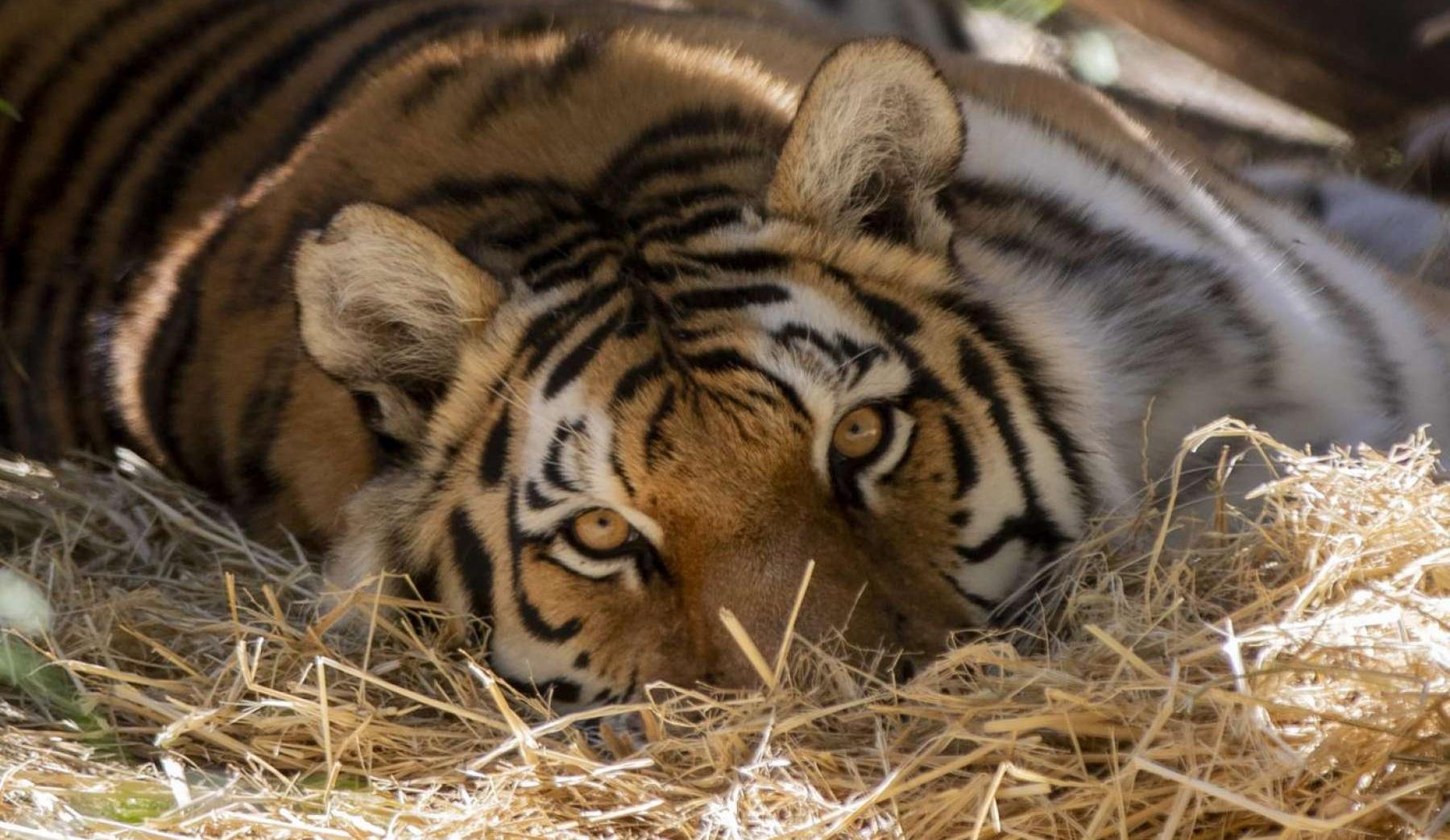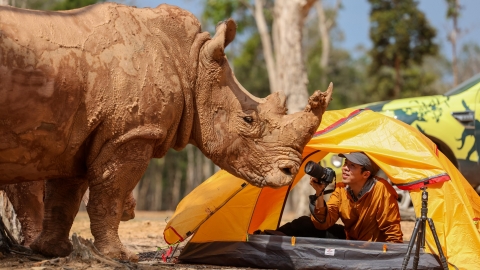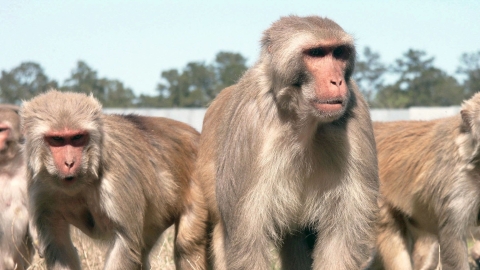On August 31st, the San Antonio Zoo announced it would be vaccinating its animals against Covid-19. They will be using vaccines from Zoetis, the largest pharmaceutical company specializing in animal and pet vaccinations. The first animals to be vaccinated will include African lions, Sumatran tigers, white-cheeked gibbons, and Francois' langurs.
"At least 75% of new infectious diseases originate from animals, which could include Covid-19," a Zoetis representative said. "More than ever, we are seeing a clear link between animal and human health."
Tim Morrow, CEO and President of the San Antonio Zoo, also expressed his joy at being able to contribute to ensuring the safety of both animals and visitors. According to Morrow, zoo staff have implemented numerous measures to prevent Covid-19 in animals, such as disinfection, the use of protective equipment, visitor management, and most recently, vaccination.
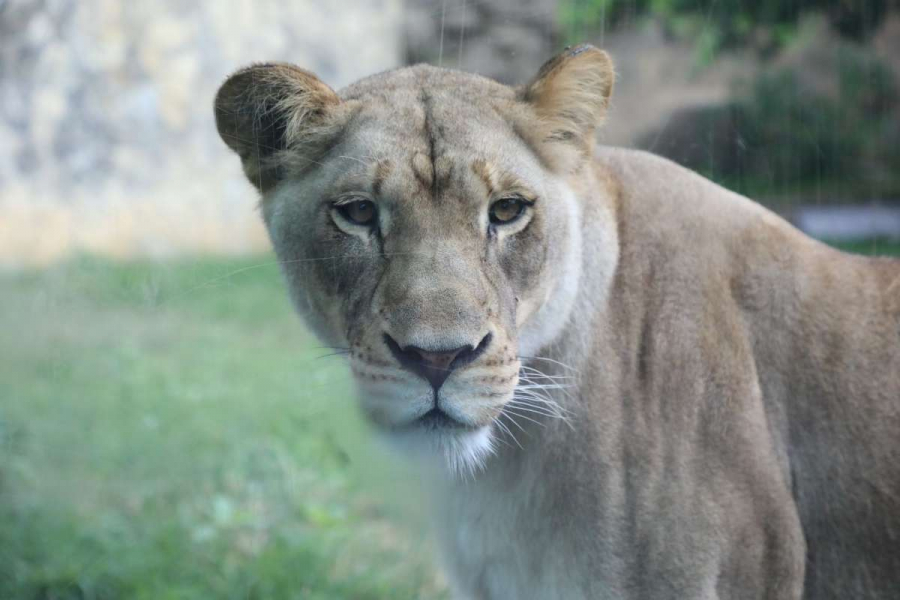
African lions were among the first species to receive vaccinations at the San Antonio Zoo.
To date, the pharmaceutical company Zoetis has donated over 11,000 doses of the Covid-19 vaccine to animals living in nearly 70 zoos, as well as more than 10 sanctuaries, academic institutions, and government organizations scattered across 27 states in the US.
Earlier this year, San Diego, the first zoo to vaccinate animals, also used the Zoetis vaccine to inoculate gibbons and orangutans. In early July, at the Oakland Zoo in California, 48 animals received at least one dose of the experimental Covid-19 vaccine specifically formulated for them. Additionally, the Detroit Zoo has begun planning to vaccinate chimpanzees, gorillas, tigers, and lions.
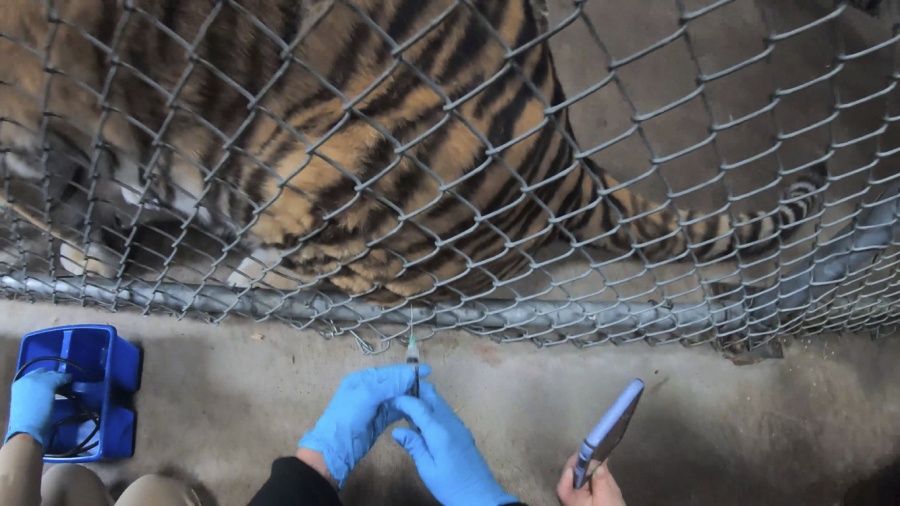
The Oakland Zoo vaccinated its tigers last July.
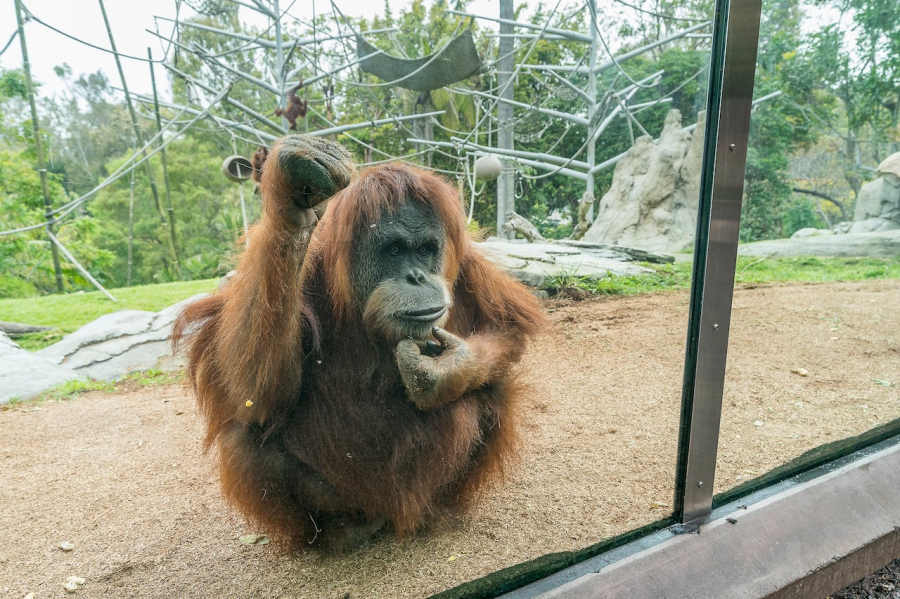
Orangutans and pygmy chimpanzees at the San Diego Zoo were among the first animals to receive vaccinations starting in January 2021.
According to the US Centers for Disease Control and Prevention (CDC), some reports worldwide indicate that animals may be infected with the Covid-19 virus. Most are infected after contact with infected humans. Cases of Covid-19 in animals have been recorded, including gorillas in zoos, ferrets on farms, and other mammals. However, the CDC emphasizes that based on current information, the risk of animals spreading Covid-19 to humans is considered low.

 VI
VI EN
EN




